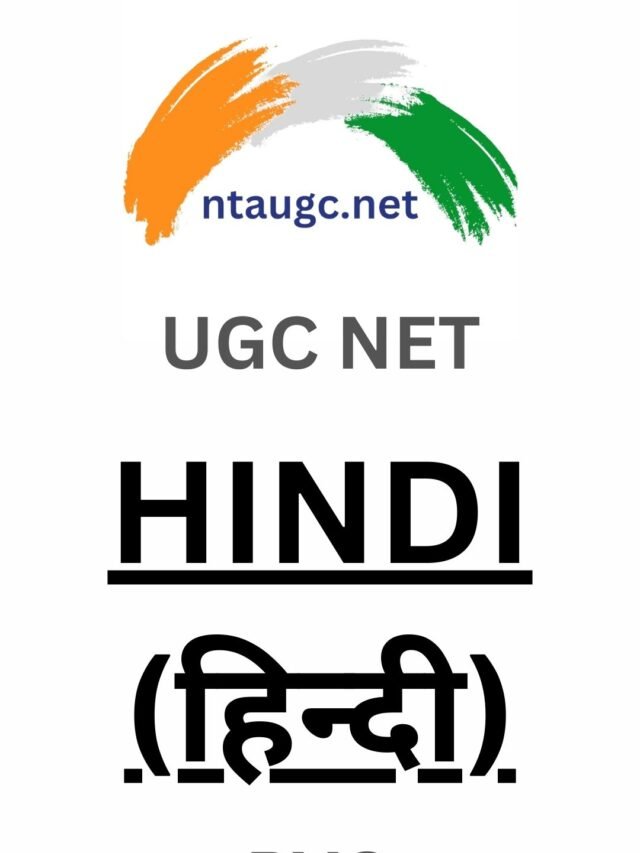Kothari commission 1964-66
The Kothari Commission, officially known as the Education Commission (1964-66), was a commission set up by the Government of India to examine and recommend changes to the education system in India. The commission was headed by Dr. D.S. Kothari, and its recommendations covered various aspects of education, including primary education, vocational education, teacher education, and the role of universities. Some of the key recommendations of the commission included the expansion of primary education, the integration of vocational education with general education, and the establishment of a national system of education. The commission’s recommendations were widely accepted and influenced educational policies in India for many years.
Recommendations of Kothari commission 1964-66
The Kothari Commission was a commission set up by the Government of India to examine the state of education in the country and make recommendations for its improvement. Some of the key recommendations of the commission include:
- Universalization of primary education: The commission recommended that the government should make primary education free and compulsory for all children between the ages of 6 and 14.
- Curriculum reform: The commission recommended a comprehensive and flexible curriculum that would be relevant to the needs and aspirations of the students.
- Teacher education: The commission recommended that the government should establish a national system of teacher education to improve the quality of teachers in the country.
- Expansion of higher education: The commission recommended that the government should increase the number of universities and colleges to meet the growing demand for higher education in the country.
- Finance: The commission recommended that the government should increase its investment in education to at least 6% of the GDP.
- Integrated approach: The commission emphasized on integrated approach for the development of education and recommended to link education with national development.
- Special attention to socially and educationally backward classes: The commission recommended that the government should give special attention to the education of socially and educationally backward classes.
improvements After Recommendations of Kothari commission 1964-66
The Kothari Commission, also known as the Education Commission of 1964-66, made several recommendations for improving education in India. Some of the improvements that were made as a result of these recommendations include:
- Expansion of education: The commission recommended increasing the number of schools and colleges, as well as increasing the enrollment of students in these institutions. This led to a significant expansion of the education system in India.
- Curriculum reform: The commission recommended revising the curriculum and introducing more vocational and technical education to better prepare students for the workforce.
- Promotion of mother-tongue education: The commission recommended that education in the primary stage should be in the mother-tongue or regional language, to increase the rate of literacy and improve the understanding of the student.
- Increase in government funding for education: The commission recommended increasing government funding for education to improve the quality of education and make it more accessible to all.
- emphasis on teacher training and education: The commission recommended improving the training and education of teachers to improve the quality of education.
- Implementation of NCERT(National Council of Educational Research and Training) and SCERT (State Council of Educational Research and Training) to improve the quality of education throughout the country.
These recommendations have had a significant impact on the education system in India and have helped to improve the quality and accessibility of education in the country.











